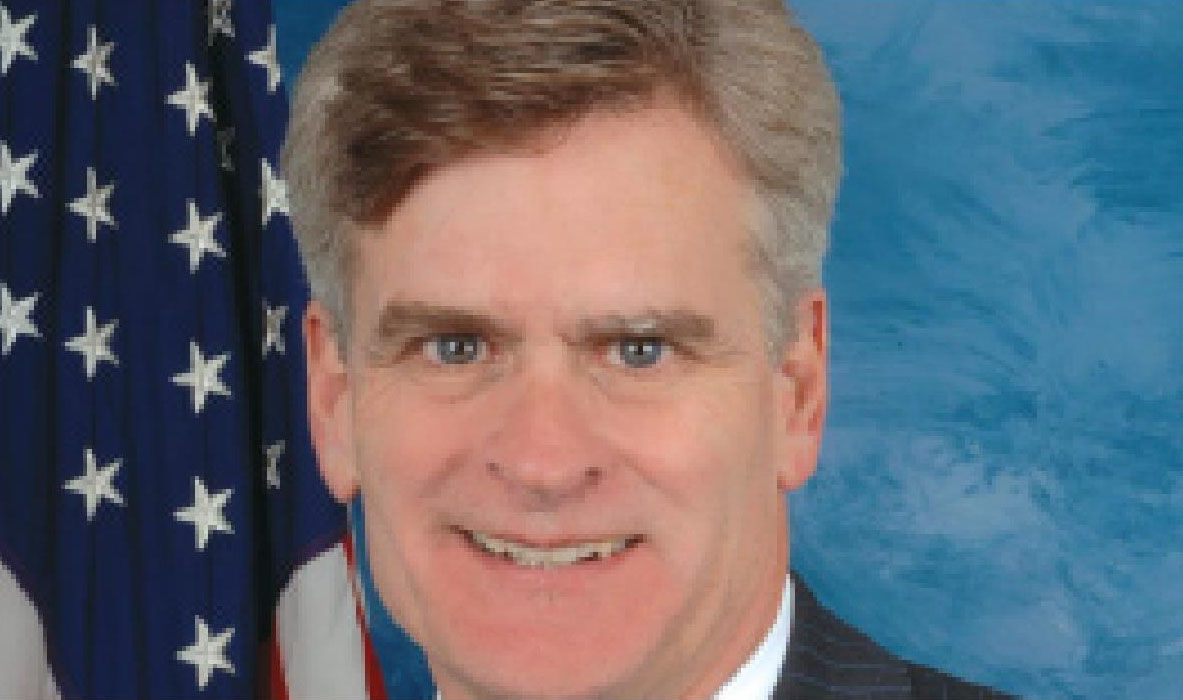
As Robison awaits arbitration, details involving settlement offer raises questions
October 24, 2018BAYOU STUDIES SYMPOSIUM TO BE HELD DURING ROUGAROU
October 25, 2018Healthcare costs are too high. Families are grappling with double-and triple-digit increases in health insurance premiums-and rising out-of-pocket expenses. A growing percentage of our nation’s gross domestic product is consumed by healthcare costs-far more than other developed countries. We need solutions.
To advance the conversation, in May, I released a nine-page, white paper of ideas to make healthcare affordable Again Its proposals in Dr. Cassidy’s white paper include:
• Implement price transparency and real time benefit analysis to allow patients the power of knowing prices.
• Allowing greater use of free-standing emergency centers, ambulatory surgery centers, physician-owned hospitals. and emergency rural centers for less severe conditions
• More robust use of cost-benefit analysis for drugs getting approved in the U. S.
• Tiered exclusivity based how innovative a drag is.
• Incentives for states to encourage young people to enter the individual market
• Allowing states to determine when an insurer is banned from re-entering the state’s individual market.
To get healthcare costs under control, we must restore market forces and equip patients to be involved in their care That means empowering the doctor-patient relationship, which benefits not just the patient’s health, but also the patient’s pocketbook. Currently, practice, laws and regulations work to keep the power and money surrounding health-care decisions in the hands of bureaucrats, lawyers and lobbyists. That is wrong. As a doctor. I know that giving power to patients creates a healthcare system that is aligned with patients’ health and financial interests.
President Donald Trump and HHS Secretary Alex Azar understand the incentives in our healthcare system are not aligned with the interests of patients That’s why the administration has moved to implement policies included in my white paper.
As I proposed, when a sole-source generic-drug manufacturer exists. U.S. buyer B should be able to buy that drug on the international market, as long as the supply chain and facility are certified safe by the U.S. Food and Drug Administration The PDA recently announced it would form a working group to explore this policy, and that’s a good sign for American consumers.
The administration has also taken action to atop back-end rebates for drugs, which create a perverse incentive for companies to raise drug prices in order to gain formulary access. The CMS requested information from stakeholders on effectively ending the practice in Part D. and the Office of Management and Budget is now reviewing a proposed rule concerning the safe harbor for pharmacy benefit managers, which allows these rebates to occur.
The administration also effectively banned PBMs from using gag clauses to atop pharmacists from telling a patient when paying the cash price for a drug could be cheaper than using their insurance. I worked with my colleagues on the Senate Health. Education, Labor and Pensions Committee to pass legislation that would end gag clauses in the private market, and I hope to see the legislation passed and signed into law this year.
Oar committee also tackled so-called “pay-for-delay” deals, where brand-name drug companies pay generic-drug makers to stay out of the market While manufacturers of small-molecule brands and generics must report these deals to the Federal Trade Commission, currently, biologics and biosimilars—the most expensive drugs on the market—do not. The committee passed a bill to fix this, which will save taxpayers roughly $100 million over the next 10 years and get cheaper biosimilars are to patients fester.
These are strong steps that will help lower healthcare costs for patients—and we’re just getting started.







